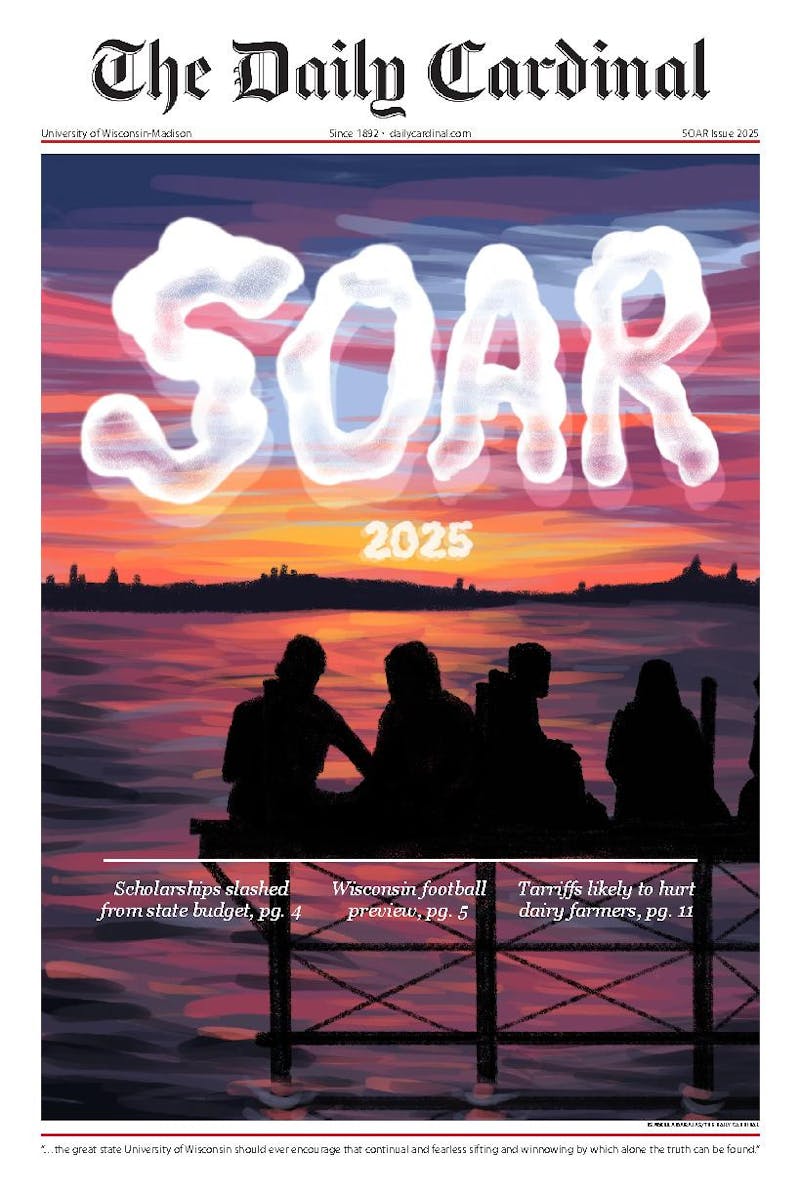When David Fincher released ""Zodiac"" earlier this year, the bar was raised for psychological crime dramas. ""Zodiac"" was Fincher's best film to date, exhibiting a pitch-perfect atmosphere of unsettling dread and undefined fear.
""Fracture,"" Gregory Hoblit's new movie, is much less breathtaking. Like his previous ""Primal Fear,"" it's destined for the $5.99 DVD bin at Wal-Mart—and Hoblit probably knows it.
That's not necessarily a bad thing either. Peruse through that bin and you'll find many essentially watchable, moderately diverting films. ""Fracture"" is something you could blind-buy on Saturday night, enjoy and never desire to watch again. The $5.99 bin is, in its own way, like one of Dante's circles of hell for movies. It's the final destination for movies that make no major mistakes but don't do anything remarkable with the celluloid given to them.
""Fracture"" is thus a pretty straight-forward crime drama, boasting an inordinately-absurd sequence of opening events: As it begins, Sir Anthony Hopkins has just learned of his wife's anonymous affair with the local hostage-situation negotiator. He shoots her in the head, then pretends to hold her hostage, so that her lover will come to the scene, enter the house to ""negotiate"" with Hopkins and receive a bullet of his own.
But it doesn't work that way. The hostage negotiator attacks and overpowers Hopkins, who is arrested and put on trial for the attempted murder of his wife. Yes, that's attempted murder—as it turns out, Hopkins' wife survives the bullet wound and just goes into a coma.
From there it gets basically predictable: Enter Ryan Gosling as the young, arrogant district attorney in his final days working for the city. Assigned to Hopkins' case, he hopes to quickly prosecute the attempted assassin before starting a cushy new job at a renowned national firm. But Hopkins has destroyed or discredited all relevant evidence against him; expecting probable acquittal, he gleefully anticipates Gosling's embarrassing downfall. Predictably, Gosling spends the movie trying to outwit his newfound foe and save his career and reputation.
This sounds stupid, and it is. But like most movies in the $5.99 bin, everything about ""Fracture"" is basically competent and sort of fun. The screenplay presents a believable (if not exactly captivating or accurate) vision of the prosecutorial world. Gosling delivers a clever (if not exactly transcendent) performance and Hopkins is incomparably brilliant and menacing as always. There's something of an unexpected twist at the end, too, for those who enjoy that kind of thing—nothing spectacular or mind-bending, but a nice turn of events all the same. ""Fracture"" really is a decent movie, formula and all.
But, it's no ""Zodiac."" And why shouldn't a movie be something more than competent and entertaining? Not all movies are ""Citizen Kane,"" nor do film critics expect them to be. Yet as purists, it's difficult to accept movies that consciously decide to be uncreative. Eventually the world will simply have too many identical movies; indeed we're getting there. Great character actors like Anthony Hopkins represent a dying, magisterial acting style that gives credibility to run-of-the-mill movies. Hopkins and his aging colleagues will not be here forever to provide that credibility. When that happens, movies like ""Fracture"" won't get such understanding treatment—even from perpetual patrons of the $5.99 bin.





